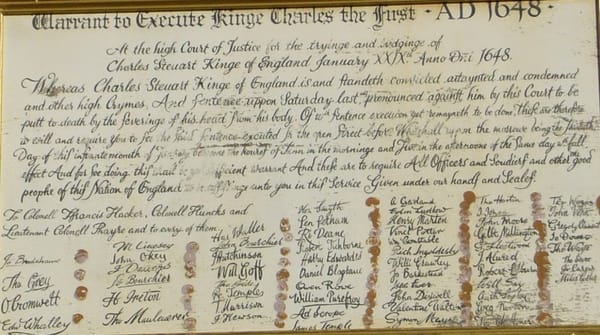The Excommunicated Auteur: Park Chan-wook vs. Hollywood

In the summer of 2025, news broke that Park Chan-wook, the visionary director behind Oldboy and Decision to Leave, had been expelled from the Screen Actors Guild–American Federation of Television and Radio Artists (SAG-AFTRA).
The charge: working during the Hollywood writers’ and actors’ strike.
The punishment: public excommunication.
It was a rare move—SAG rarely names those it bans. Yet Park’s name was made an example. The irony? He wasn’t even American.
The Global Auteur on Trial
Park Chan-wook isn’t a studio workhorse; he’s an auteur in the truest sense. His films—meticulous, erotic, violent, philosophical—bridge East and West, logic and dream. Oldboy reshaped the grammar of revenge cinema; The Handmaiden redefined erotic power; Decision to Leave reinvented noir as poetry.
Yet Hollywood treated him not as a peer, but as a warning. When SAG-AFTRA’s disciplinary committee released its list of banned individuals, Park’s inclusion sparked outrage. Many noted that foreign filmmakers working on independent productions during the strike were selectively targeted, while American stars with deeper ties to the union—Ryan Reynolds, Blake Lively, Justin Baldoni—escaped public reprimand despite open rule-bending.
The question wasn’t whether Park had broken protocol. It was: why was he made the symbol?
The Double Standard of Power
Hollywood’s unions were born from noble intentions—protecting creative labor from exploitation. But they’ve also long served as gatekeepers. During the Golden Age, they blacklisted suspected communists; in the streaming era, they blacklist the unaligned.
When power gets bureaucratic, solidarity becomes selective.
Reynolds reportedly had Deadpool 3 script pages “punched up” by a writer during the strike—a clear violation. Lively continued brand work connected to studio contracts. Neither was publicly named, let alone expelled. Park, on the other hand, became the perfect scapegoat: global, visible, but expendable.
Reagan’s Ghost
The irony deepens when you remember that Ronald Reagan—Hollywood’s most famous union president—was also the man who, as U.S. president, waged war on labor itself.
SAG’s history is full of these contradictions: a union that loves power almost as much as it loves principle.
In that sense, Park’s expulsion wasn’t about rules—it was about optics. It was a performance of purity in an industry addicted to compromise.
The Outsider’s Crime
Park’s supposed violation was working on a small-scale Korean-language project with international financing—outside the jurisdiction of Hollywood’s contract system.
But that detail didn’t matter. In the age of social media outrage, guilt is measured not by law but by visibility. Park’s prestige made him easy to vilify; his distance from Hollywood made him safe to punish.
He was the perfect target in a city that feeds on moral spectacle.
The Globalization of Guilt
The strike itself had global consequences. Streaming turned every filmmaker into part of a shared ecosystem, but the unions never expanded to match that reach. Korean, Indian, and European productions feed Hollywood’s platforms but exist outside its protections.
Park’s expulsion highlighted that gap: a creative world globalized in commerce but provincial in ethics.
Hollywood exports its culture everywhere—but guards its labor borders like a fortress.
The Economics of Exile
Behind the moral posturing is money. Each union dispute is also a power negotiation with studios and streamers. By showing “zero tolerance,” SAG signaled strength to corporate counterparts.
Park’s sacrifice became a bargaining chip—a visible act of discipline that cost nothing to enforce.
For decades, Hollywood sold the world the myth of artistic freedom. The Park incident revealed what freedom looks like in practice: contingent, contractual, and colonial.
A History of Hypocrisy
The last time Hollywood expelled someone this publicly, it was over politics.
Charlie Chaplin was exiled for suspected communism; Dalton Trumbo was blacklisted for writing under pseudonyms.
Park Chan-wook’s only crime was working. Yet the gesture rhymes with those older purges—moments when art’s independence threatened the system that feeds on it.
The Auteur and the Algorithm
Park once said he directs “for the eye, not the industry.” Hollywood, by contrast, directs for the algorithm. His exile marks more than a labor dispute—it marks the end of an era when visionaries could remain independent of corporate orthodoxy. In the eyes of the machine, the auteur has no union.
This article was produced with the assistance of AI tools under human direction and editorial oversight. Learn more.




